The Irish pianist John Field (1782–1837) started his life in Dublin, where he studied with Tommaso Giordani, and when he was 11, the family moved to London. He worked with Muzio Clementi in London, where Field worked in Clementi’s shop, selling sheet music and pianos and learning from the master. With Clementi’s guidance, Field became a virtuoso pianist backing his abilities with a charisma that drew many followers. He also started to publish his own works, including 3 piano sonatas.
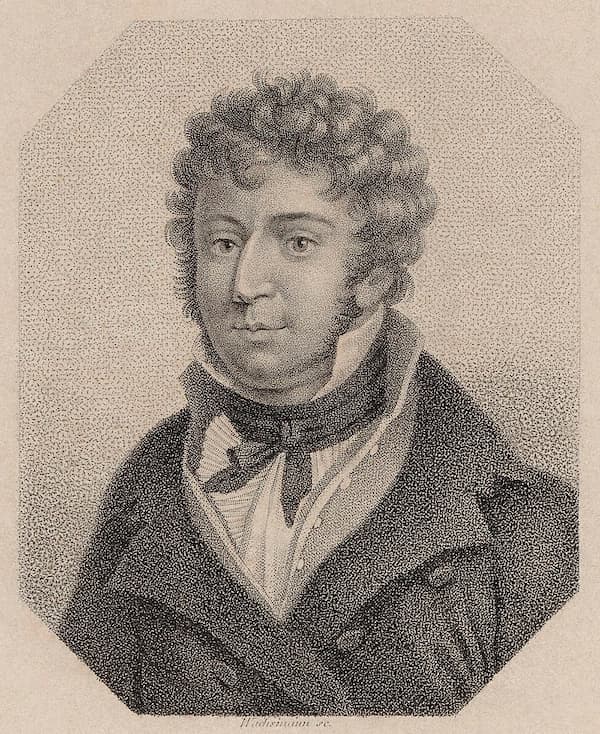
Anton Wachsmann: John Field, ca 1820 (Gallica: btv1b84179686)
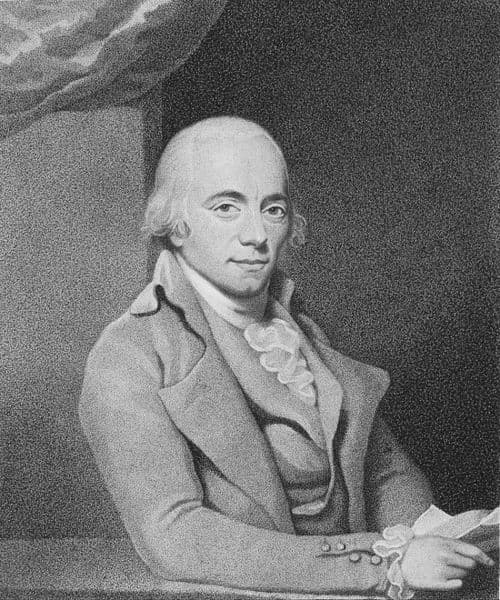
Thomas Hardy: Muzio Clementi, 1794
He toured with Clementi, with performances in Paris and Vienna, and in 1802, the two pianists were in Russia. With the sponsorship of the aristocratic English Club, the pianists were soon in the highest demand. Clementi returned to London in 1803, and Field stayed in St Petersburg, perhaps as the local representative for Clementi pianos. He didn’t return to London for nearly 30 years. His career in St Petersburg and Moscow, both as a performer and as a teacher, was extremely successful.
Despite being in Russia, his name remained fresh in Europe and his works continued to be published there. A rumour of his death had to be countered by corrections in the German, French, and English press.
Ill health drove him back to Europe, where he discovered that time had marched on while he was out of town. Arriving in London in 1831, he found that the Philharmonic Society (founded in 1813) was moving forward in bringing works by Mozart, Haydn, and Beethoven. Mendelssohn was the hit of the day. In Paris, Field found that the musical world that formed around Liszt, Chopin, Meyerbeer, and Berlioz made his compositions seem old-fashioned.
Field returned to Moscow in 1835 but largely to a life of retirement. His ill health kept him from performing or teaching widely. He died of pneumonia in Moscow on 23 January 1837.
The Nocturne was a particularly interesting Field invention. Its basic description of a Nocturne being a character piece with a singing melody over an arpeggiated accompaniment. Although Chopin’s nocturnes remain the most famous to this day, Field was the innovator. The character of a Nocturne is ‘generally thought of as being tranquil, often expressive and lyrical, and sometimes rather gloomy’, but the name can cover a number of different moods. Field wrote 18 Nocturnes, Chopin wrote 21, and Sorabji over 30; composers to this day continue to find inspiration in the Nocturne.
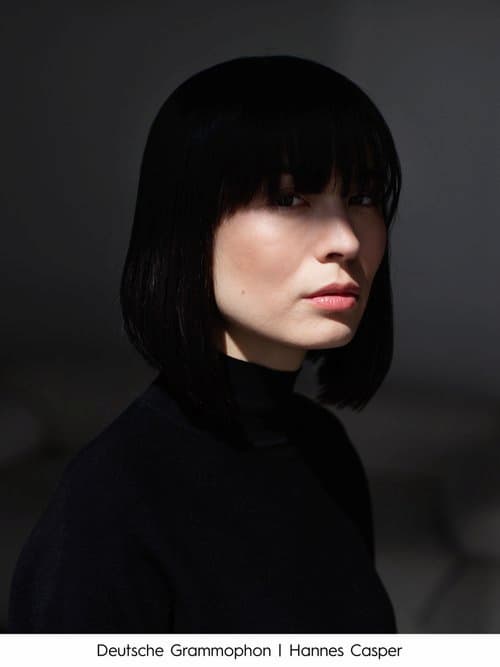
Alice Sara Ott
German-Japanese pianist Alice Sara Ott (b. 1988) has made a new recording of the complete Field Nocturnes for Deutsche Grammophon and brings works she describes as full of ‘beauty and grace’ to a new audience. Although Field’s name is less well-known these days as those who followed him, his seminal influence extended to virtuoso pianists such as Liszt and Chopin and soon-to-be-virtuosos, such as Clara Wieck, whose father trained her ‘in the school of Field’.
Alice Sara Ott Plays John Field’s Nocturne No. 9 in E Minor, H. 46
Ott says that she had never heard of any Field in her own studies and discovered them while assembling playlists during the COVID lockdown. For her, the music was both unfamiliar and familiar, as though the Nocturnes were part of a semi-forgotten past. She notes their quality of being part of multiple piano generations: some seem to have the ‘charm and simplicity of a Mozart Andante’ while others seem closer to early Beethoven. She also finds that some anticipate, through their ‘improvisatory embellishments and sparkling scales’, the upcoming contributions of Chopin.
It’s clear that Field’s isolation in Russia, not so much for his music, which found a ready audience in the rest of Europe, but for his separation from developments in the musical world, has been a big part of his vanishing from the modern music scene, but this recording will do much to restore our estimation of him.
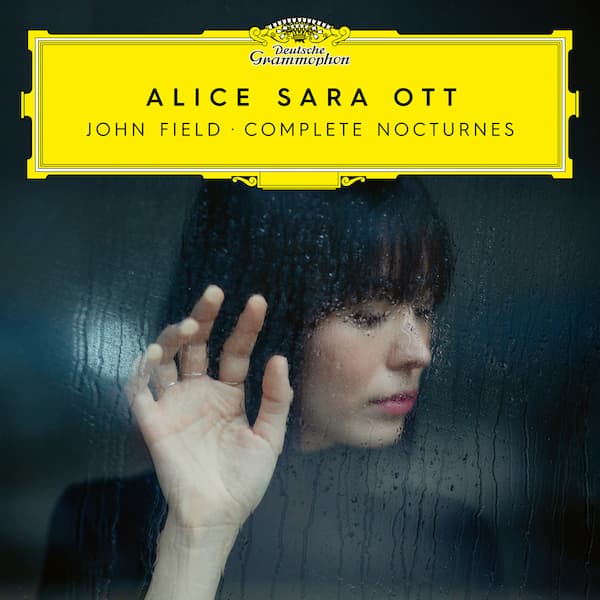
John Field: Complete Nocturnes
Alice Sara Ott
Deutsche Grammophon
00028948662388
Release date 7 February 2025
For more of the best in classical music, sign up for our E-Newsletter


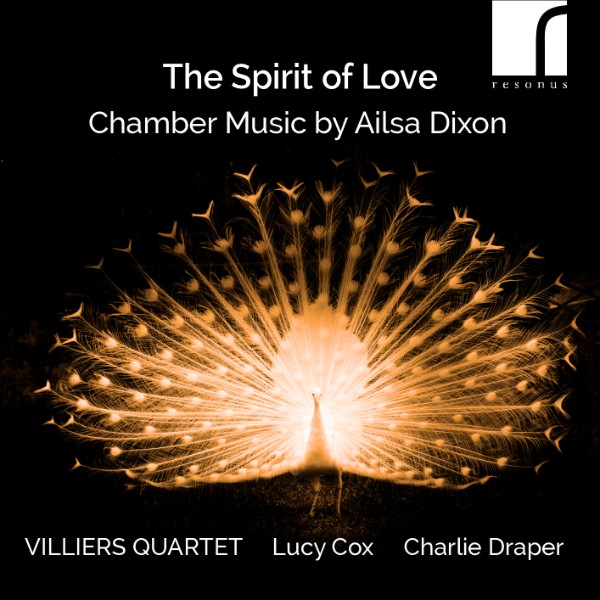
LOVELY music. I’m going to get the CD when it comes out. So glad she found these!